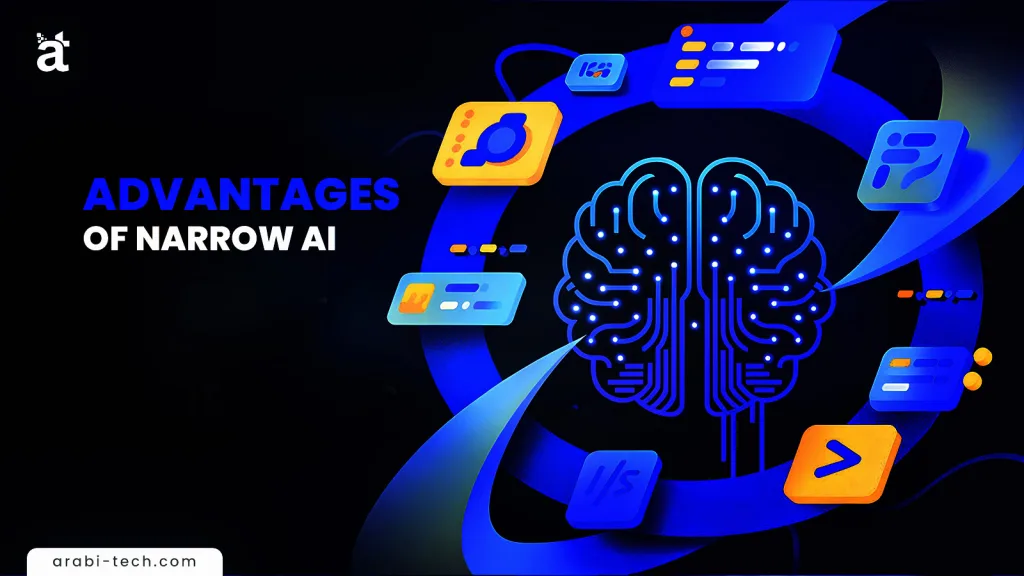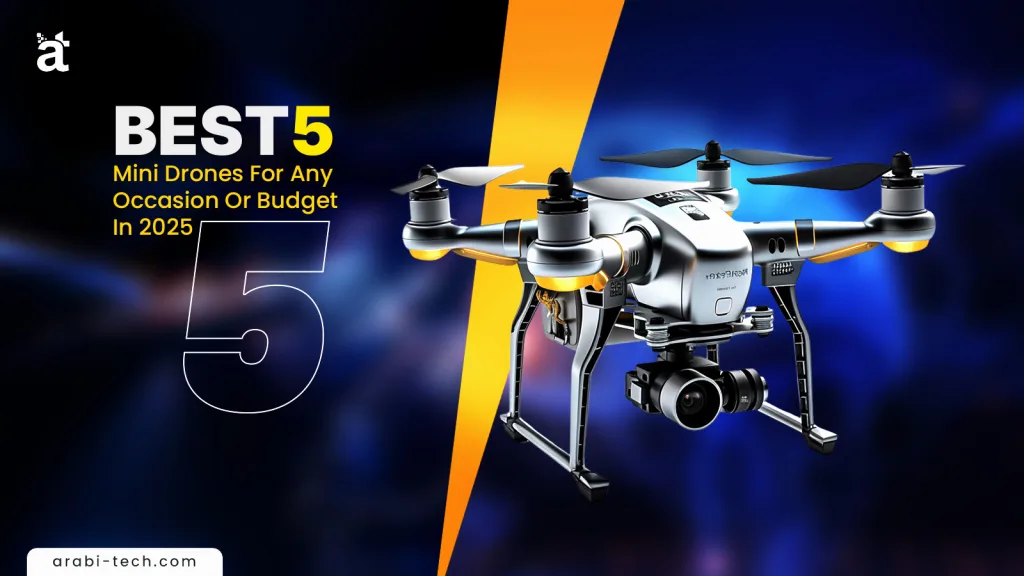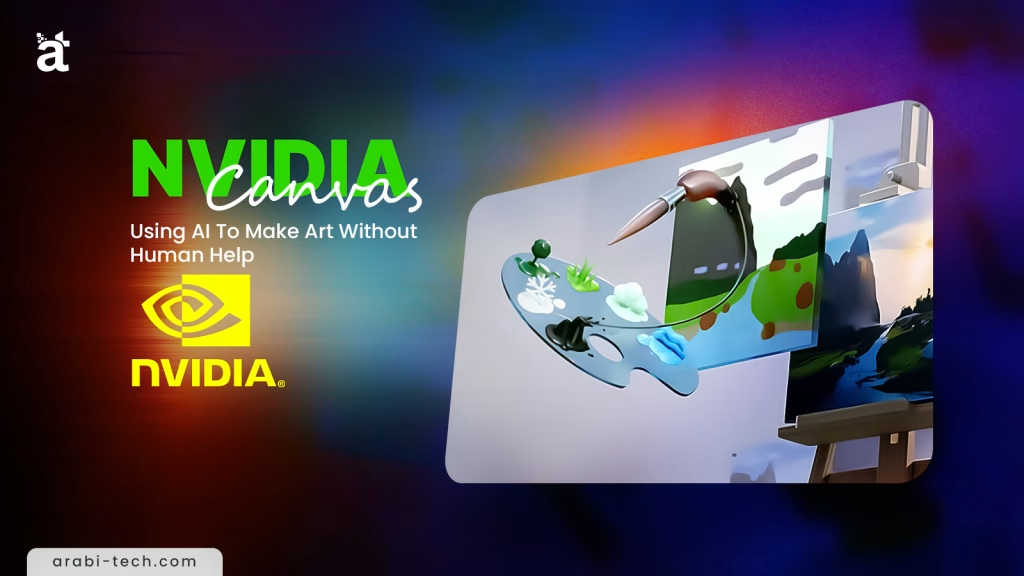
Narrow AI: The Mystery Ingredient in Your Favorite Apps :
It is called AI and it is a big deal in the world of technology. Every day it changes how we use tech. A lot of AI is narrow AI. Narrow AI is created to carry out certain tasks. A lot of apps and gadgets use it. Voice helpers like Alexa and Siri use AI that is narrow. These apps do certain things based on data that was put into them ahead of time.
Audio article :
Table of contents
What Is Narrow AI?
AI systems that are only good at a few things are called narrow AI. People often call it weak AI since it can only do a few things. Like General AI it can only do one thing at a time. But narrow AI can only copy a few of the skills that humans have. It follows the rules it has already learned.
Voice helpers can hear what you say but they can’t do things that were not made for them. AI that is too limited can’t learn or change things on its own. It needs to be told to do so. It is good at what it does but it can’t change as much as the human brain can.
Key Applications Of Narrow AI
- Virtual Assistants: VAs that you talk to like Siri Alexa and Google Assistant can do things like set alarms, answer questions and manage your smart home. They are used a lot in everyday life to make things easier and faster because of this.
- Natural Language Processing: NLP helps translation and mood analysis chatbots understand and use human language. To find out how people feel about things on social media and talk to customers this tool is useful.
- Image and Speech Recognition: Narrow AI powers face recognition systems security cams and speech to text converts. This makes it easy to recognize people and things and turn sounds into text which is secure and useful.
- Recommendation Systems: These systems study what users like and how they act and then they offer personalized goods, movies , music or material from Netflix, Amazon and Spotify. This makes things better for the person and keeps them interested.
- Fraud detection: Finance and banking use narrow AI to look for suspicious transactions by noticing trends and out of the ordinary behavior. This keeps customers safe from scams and hacks and lowers the risk to their money.
Types Of Narrow AI
- Reactive AI: This kind of AI does certain jobs by following rules so it doesn’t have to remember or learn them. This is the best tool for easy tasks like playing chess where you have to make choices based on how the game is going at the time.
- Limited Memory AI: This sort of AI can learn from its errors and utilize historical data to make more informed judgments. It changes over time which is helpful for things like self driving cars where knowing how to get around and make decisions based on past driving habits.

Advantages Of Narrow AI
- Smarter Choices: Narrow AI can quickly sort through huge amounts of data which lets it make choices more quickly than people. This is very helpful in customer service, healthcare and banking among other places.
- Automates Duplicate Tasks: It does dull repetitive tasks quickly and well so people can do more creative and interesting things. This makes things like production and management more productive.
- Essential for Progress: Narrow AI is what makes more complicated AI systems possible. Its ability to become very good at certain jobs lets us make AI networks that are more complicated and can do more.
- Efficiency: Narrow AI is more effective than humans in fields like diagnostics and data analysis that need to make exact decisions based on data. This is because it is very accurate and can quickly process big datasets.
Limitations Of Narrow AI
- Lack of Information: Narrow AI has to follow certain rules and can’t find new information on its own. This makes it less able to handle unexpected events or learn new things that aren’t in its training.
- Security: It is possible to hack and change narrow AI systems. A good example is how fake patterns can sometimes fool systems that look for scams which can put personal data and financial systems at risk.
- Learning: Narrow AI cannot learn as much as more powerful AI systems can. It can only do the things that were taught to it. They can’t change or learn new skills unless someone updates or reprograms them.
- Concerns about ethics and bias: Narrow AI doesn’t have humanity or moral judgment so it could make unfair or biased decisions when it comes across situations that weren’t trained to do so. This makes people worry about things like getting health care and hiring police.
The Future Of Narrow AI
It looks like narrow AI will do very well in the future. It will keep changing and spreading to more areas of life. With better tech Narrow AI will work better. It will be used in transportation, healthcare and customer service which is even more important.
The idea of combining various Narrow AI systems to create networks with more features is also on the way. With these changes apps will be better and more useful. Still Narrow AI has problems that need to be fixed. To keep up with new tech it needs to get safer and more adaptable.
Conclusion
Narrow AI is a powerful tool that is currently altering many parts of our lives. It changes a lot of things from virtual helpers to systems that check for scams. It has some problems like not being able to change or understand what is going on but its pros can’t be ignored. A great deal of the tech we use every day is based on narrow AI. Though growth is important now it will become even more important in the future.
Best Article May :



